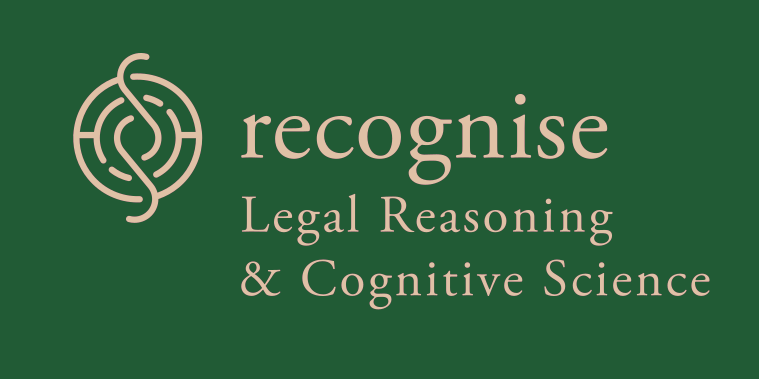In recent decades, cognitive science has deeply changed our understanding of human reasoning and decision-making. As depicted by contemporary cognitive science, the human mind appears, first, as an intuition-driven device, making use of cognitive shortcuts (heuristics) which may easily lead to systematic cognitive distortions (biases); second, as an emotional device, whose apt reasoning and decision making, far from being the product of cool and disembodied cognition, relies on affective mechanisms grounded in the body. This picture is at odds with the methodology and approach still dominant within legal studies. In the mainstream self-narrative, adjudication is still regarded as the realm of dispassionate reason and argumentation, to be approached with the methods of an argumentative analysis, that doesn’t include a systematic and in-depth account of its psychological structure and mechanisms. As a result, they are not aware of the most common biases and distorting factors that lead reasoning and decision-making astray, the personal and environmental conditions that increase the probability of falling prey to such distortions, and the cognitive strategies that may reduce their impact. This is a serious gap in legal education.
The main objective of RECOGNISE was contributing to fill this gap, by (i) developing a training curriculum on legal reasoning and cognitive science targeted at newly graduated, post-graduates and Master students, PhD students, Post-doc researchers, teaching staff in Law Departments, as well as legal professionals; (ii) implementing a series of learning activities, specified below; (iii) realizing materials that could be used for such a training, including, in particular, an innovative book gathering contributions by experts both in legal theory and in cognitive science; (iv) disseminating these activities and materials among European academic institutions and promoting the inclusion of training inspired by our models.
In connection with these main objectives, we wanted to strengthen collaboration between European academic institutions on the topics of the project, thus contributing to establishing a new network of researchers working in the field.
To achieve our objectives, we implemented the following learning activities:
In addition, we implemented two multiplier events:
The main outputs realized by the project are:
Additional results are:
